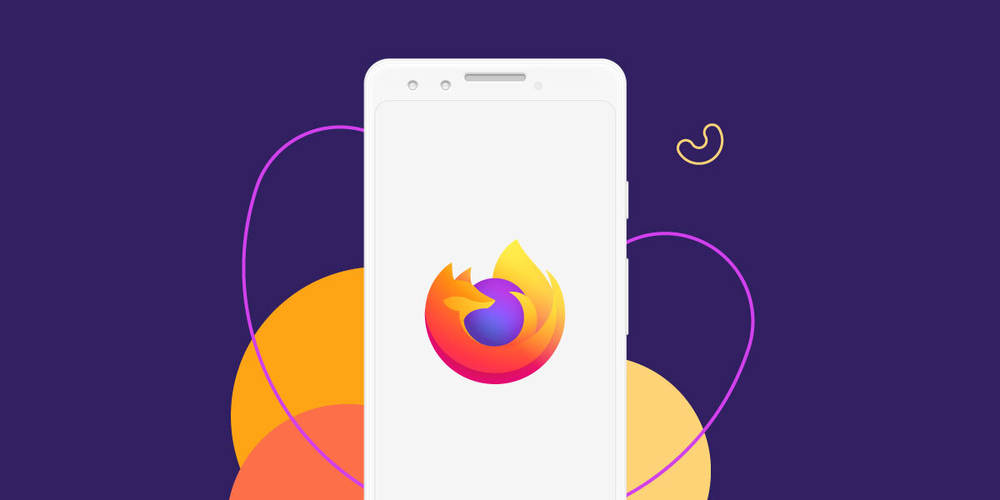
Firefox for Android Steps Up: A New Era of Privacy Control for Your Data
- 24 Jan 2024
- Brett Takken
In the ever-evolving digital landscape, privacy has become a paramount concern for many users. Navigating the internet without leaving a trail of personal data breadcrumbs can seem like an impossible task. However, Firefox for Android is changing the game with its latest update, which introduces a new feature designed to help users assert their right to privacy. This new setting, known as Global Privacy Control (GPC), sends a clear signal to websites: users do not consent to the sale or sharing of their personal data.
Mozilla's commitment to privacy is evident in this latest Firefox for Android version 122.0. The implementation of GPC is a significant stride toward empowering users to take control of their online presence. When enabled, this feature automatically informs websites that the user opts out of data collection and dissemination. It is noteworthy that by default, GPC is active in private browsing mode, signifying Mozilla's dedication to privacy even in the most casual browsing sessions. Users interested in this added layer of protection can easily toggle the setting within the browser's normal mode through the Enhanced Tracking Protection options.
But the updates don't end with privacy controls. Firefox for Android's version 122.0 also introduces a convenient PDF viewing feature, allowing users to set Firefox as the default PDF viewer on their devices. This addition underscores Mozilla's focus on enhancing the user experience by providing functionalities that streamline everyday tasks. While Google Chrome has made similar adjustments, it's clear that Firefox is not lagging in the race to provide a seamless and integrated browsing experience.
Mozilla's recent moves demonstrate a renewed focus on creating a robust, user-friendly Firefox UI. The reintroduction of browser extensions, a feature that was previously scaled back, indicates that Mozilla is listening to its user base and understands the importance of a customizable browsing experience. With a plethora of extensions now available on Firefox for Android, users can tailor their browser to their needs, echoing a broader industry trend exemplified by Apple's expansion of extension support in Safari.
In conclusion, Firefox for Android's latest update is a testament to Mozilla's user-centric approach. With the introduction of Global Privacy Control and the return of browser extensions, Firefox is providing users with the tools they need to navigate the internet on their terms. As the digital world grapples with the implications of dwindling third-party cookies, Firefox stands out as a beacon of privacy and customization. Users now have more power than ever to dictate how their data is managed and to enhance their browsing experience with a range of extensions. It's a compelling reason to take a closer look at Firefox for Android and to consider how the browser's settings can serve your privacy preferences in an increasingly interconnected world.




